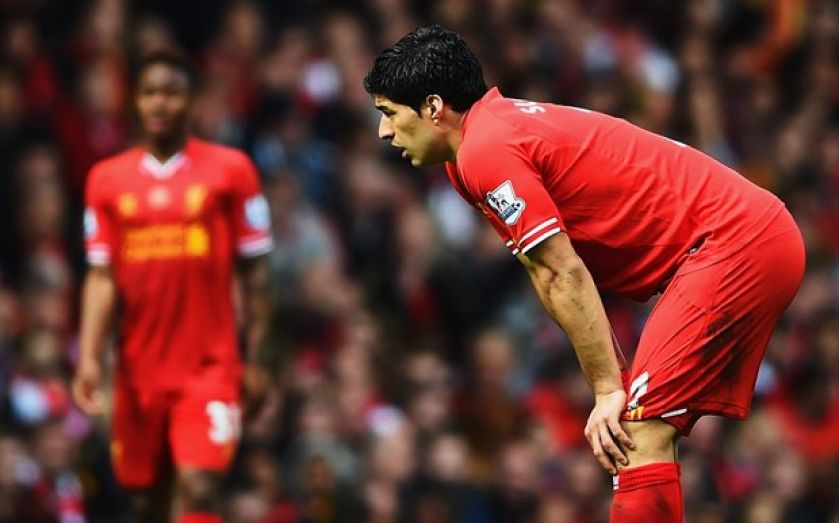Protectionism will do nothing for the UK – or the quality of its football

ECONOMIC protectionism is back. Ukip has put immigration at the forefront of its EU election campaign, implying that competition in the jobs market from EU nationals is bad for UK interests. Labour thinks government should be more active in protecting the “national interest” in pharmaceuticals, and should stop foreigners buying property they might leave empty.
But last week it was the Football Association’s (FA) Dyke Commission report that perhaps showed our increasingly protectionist mindset most clearly. Calling for new restrictions on foreign players, it marked a significant shift away from the fairly liberal policy on nationality that exists in UK football today. Indeed, the report’s rhetoric and policy prescriptions have parallels with our confused debate on immigration.
Like mainstream politicians on immigration, the report rightly argues that a liberal immigration policy in football has largely been good for English players: “it was…believed…attracting the best foreign players to play alongside English players would improve their development, which experience and research demonstrates has been the case”. Nevertheless, it laments the relatively low number of English players in the Premier League and implies that their development is being hampered by the sheer number of foreigners. The FA report argues that, if we want the “national interest” to prevail, defined as a stronger national team, we must ban non-EU players from playing outside the Premier League and restrict the number in Premier League squads to a maximum of two.
Unlike the national economy, football clubs do have a relatively set number of squad places – more foreign players does mean fewer domestic. But it doesn’t follow that the quality of the national team would rise if there were fewer foreigners. Indeed, competing with the best has positive spillover effects, as the FA itself acknowledges. Research by the Adam Smith Institute’s Ben Southwood provisionally found “no relationship between the number of Premier League minutes – or the proportion – played by English players, and England’s Fifa Rank”. To the extent that English players are unsuccessful, restricting foreign players merely deals with the symptoms of underlying problems, and prevents us asking vital questions like why so few English players play in other countries’ top divisions.
It is also unclear whether the “national interest” and the strength of the national team are the same thing. Most of us want the England team to do well, just as we do our fellow Britons in the labour market. But would I, as a Derby fan, countenance a lower quality Football League, and less talented players and potential success for my club, to achieve this national objective? While Nigel Farage might be relaxed for Britain to be poorer as a consequence of less immigration, in this market I think I’d be more relaxed with a higher quality football season than collective planning to improve the national team.
Yet even if you accept the FA’s assumptions, it’s unclear why restricting just non-EU footballers would help. Indeed, if you agree with Ukip and the FA about “national interest” and how to enhance it, it makes no sense to have free movement of labour with the EU either.
In an ideal world, we’d have fairly liberal immigration and football markets, with a level playing field for all nationalities. As long as protectionist arguments resonate, however, the planners in politics and the FA will seek to restrict movement, and EU law means it’s non-EU players who are inevitably excluded. But we shouldn’t blame the EU. It’s the planners (who would go further if they could) who are more dangerous for the quality of our beautiful game.
Ryan Bourne is head of public policy at the Institute of Economic Affairs.